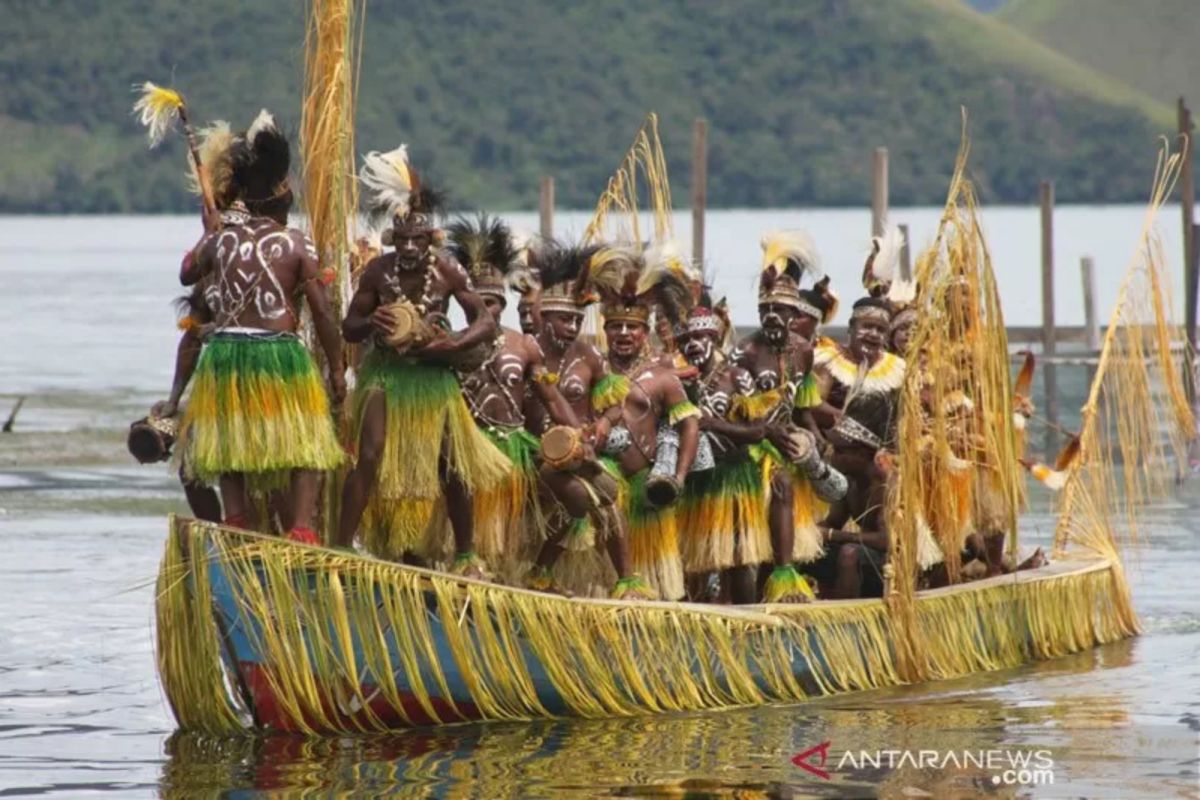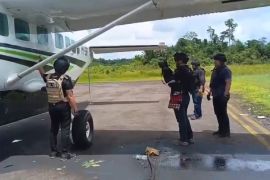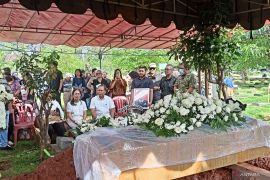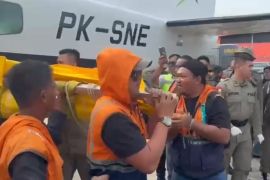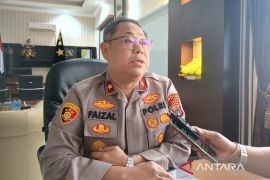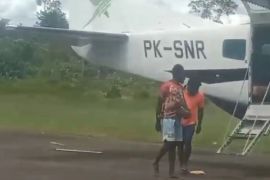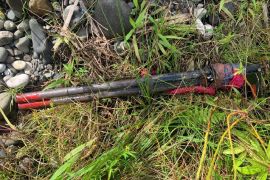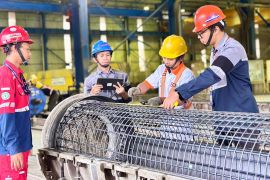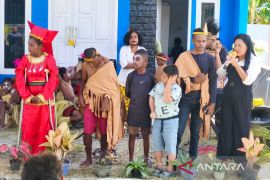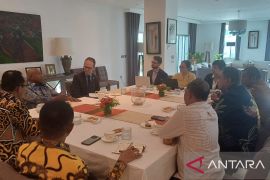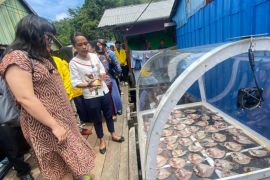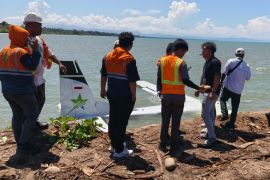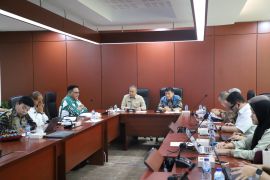This opinion was expressed by the task force's secretary, Arief Ruhyanto, when speaking at the 14th Strategic Policy on Papua Forum, held on May 10, according to a press statement from UGM received here on Saturday.
According to Ruhyanto, the conflict in Papua has claimed the lives of so many people, both security personnel and civilians.
To this end, it is necessary to make a reflection because the conflict is not merely related to the issues of separatism and independence but also to segregation in communities and identity-based violence, he argued.
He opined that the economic and infrastructure developments being intensified in Papua are still followed by rising conflict and acts of violence.
Meanwhile, Pastor Leonora Dora Balubun from the Papuan Biblical Christian Church (GKI) Synod, who also spoke at the forum, underlined the importance of community participation in the development process to avoid conflict.
He also highlighted the importance of state policy for the engagement of churches in policy making processes because the churches have been at the forefront of nurturing peace without letting conflicts escalate.
"Our people do hear voices of churches. This is a key to peace if the government, along with churches and Muslim communities in Papua, can work together. Churches are the government's equal partners," Balubun said.
Lexie Durimalang, chairperson of the Kawanua (compatriot) Family Harmony in Southwest Papua Province, shared his opinion on how to create and maintain harmony in local communities as a non-native resident.
In his opinion, in creating a solid rock of brotherhood with the Papuan communities, the non-native residents must build harmony while applying the best approach to peace through religious and community figures.
To this end, non-indigenous residents in Papua have also been striving to engage locals in their activities and respect their traditions in encouraging them to collaborate, he added.
Speaking from the anthropological perspective, Laksmi Adriani Savitri, a UGM anthropologist, argued that the main problem of Papua is related to structural violence and colonial cultures.
The acculturation or process of adjusting to a new culture between non-native residents and indigenous Papuans has relatively run smoothly. The process has even been going on since the early 1900s, marked by the acculturation of the culture of farming from Java, she said.
"It is not just a knowledge transfer process but also an honor due to the presence of a sense of equality towards modernity. This is a process of ambivalence and mimicry," she argued.
Then, in building peace from the grassroots, she opined that first things first, "labeling" and "suspicious thoughts" must be removed. Social transformation in Papua must also be carried out with an approach to empowerment that brings people closer, Savitri added.
Related news: Papuan separatists abduct four BTS construction workers in Okbibab
Related news: VP Amin optimistic of BP3OKP making breakthroughs to develop Papua
Translator: Luqman H, Rahmad Nasution
Editor: Anton Santoso
Copyright © ANTARA 2023
